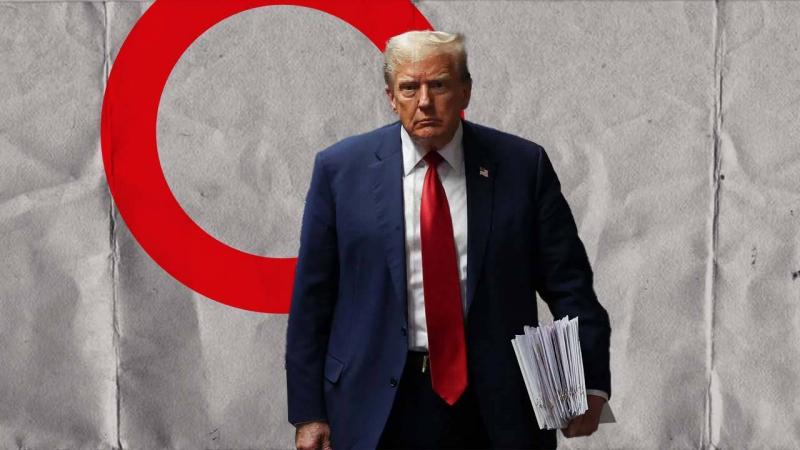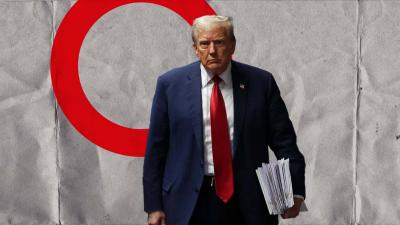On Thursday, Donald Trump became the first American president to be convicted of a crime when a jury in New York found him guilty of falsifying documents to conceal a payment made for the silence of an adult film actress prior to the 2016 election. After deliberating for two days, a 12-member jury announced that it found Trump guilty on all thirty-four counts he faced. A unanimous decision was required for any conviction to be issued. Judge Juan Merchan scheduled a sentencing date for July 11, just days before the Republican National Convention on July 15, where Trump is expected to formally announce his candidacy for the upcoming election.
This conviction places the United States in an unprecedented situation ahead of the presidential elections scheduled for November 5, when Republican Trump will attempt to defeat Democratic President Joe Biden to return to the White House. Trump (77) denies any wrongdoing and is expected to appeal the ruling. He told reporters afterwards, "This is a disgrace... and the real verdict will be the people’s on November 5."
The maximum penalty Trump could face is four years in prison, though shorter sentences are typically issued for convictions of this nature, or offenders may face fines or probation. Trump will not be jailed before the sentencing.
What does Trump face if convicted?
Polls show a close race between Trump and Biden (81 years old). One survey indicated that any conviction could lead to Trump losing some support from independent and Republican voters. An insider within Trump’s campaign indicated that the ruling is expected to prompt him to intensify discussions to select a woman for the vice-presidential position.
The jury concluded that Trump was guilty of document falsification following a five-week trial that included testimony from adult film actress Stormy Daniels regarding a sexual encounter she claims she had with Trump in 2006 while he was married to his current wife, Melania, which Trump denies. Trump’s former assistant, Michael Cohen, testified that Trump agreed to pay $130,000 to buy Daniels' silence in the weeks leading up to the 2016 election, when he was facing multiple allegations of sexual misconduct. Document falsification is generally classified as a misdemeanor in New York, but prosecutors in the Manhattan District Attorney's office elevated it to a felony on the grounds that Trump was concealing an illegal contribution to a campaign.




